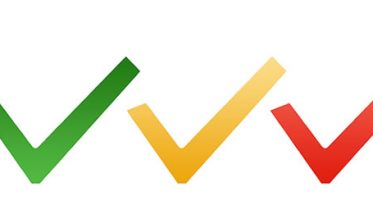Follow-on Biologics: patent issues in Brazil
- 10 March 2014
- Articles
Recent news on the forthcoming expiry date of patents related to important biodrugs in Brazil has aroused the medical-scientific community’s attention on follow-on biologics.
Brazilian doctors are worried about the safety and efficacy of biosimilars and have questioned the criteria for “market approval” determined by ANVISA (the National Health Authority), based on quite cursory clinical studies.
The government, on the opposite side of the discussion, is interested in speeding up the regulatory path for those biosimilars in order to reduce investments in the purchase of biodrugs to be distributed by the SUS (the Public Health System).
Biodrugs, although representing less than 5% of the medicines supplied in Brazil, amount around 40% of the corresponding Ministry of Health´s budget.
ANVISA´s Resolution RDC 55 defines “biological drugs” and “new biological drugs”. Biosimilars would be classified as “biological drugs”.
Still according to that Resolution, “biological drugs” can follow two paths for market approval purposes: the comparability path and the individuality path. In both options some aspects of the clinical studies are simplified.
Regarding patents, three important aspects must be analyzed:
Absence of regulatory extensions such as “data exclusivity” in Brazil for pharmaceutical drugs for human use: therefore, a priori, as soon as the patent expires, the biosimilar’s market approval may be requested;
Complexity of the process for producing biodrugs: the biosimilar industry may benefit from Article 43 (VII) of Industrial Property Law No. 9,279/96 (IPL), our BOLAR-TYPE EXEMPTION, in order to have sufficient time to perform the tests and produce the data necessary to apply for marketing approval to launch the product right after the patent expiration date;
Economic aspect: not only the production costs of biosimilars are much higher than those of generic drugs (with small molecules), but also the expenses involved in the market approval process, due to the need of clinical trials, reduce the profits on the sale of those drugs.
Therefore, despite the government incentives for the development of the biosimilar industry in Brazil seem advantageous, the “biological drugs” industries in Brazil may tend to invest on “biobetters”, which include innovation that can be patentable and may increase profits in the sector.







